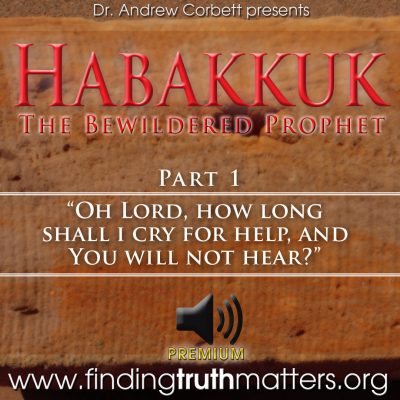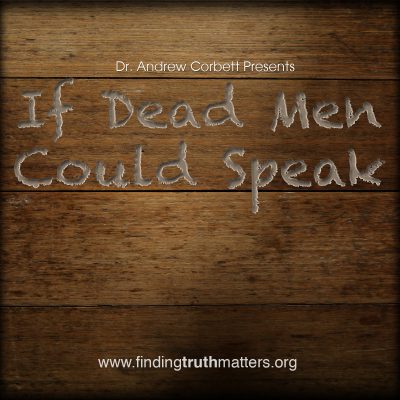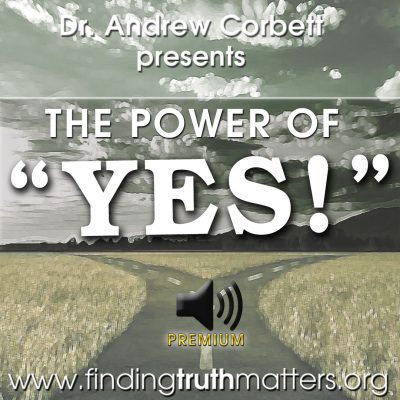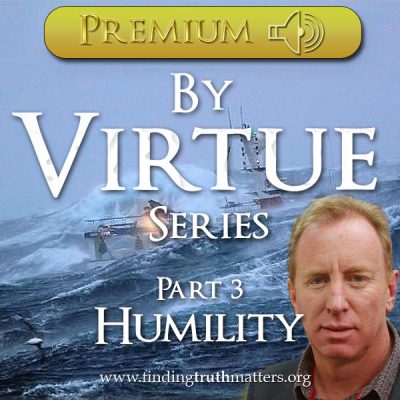 People of all ages have lingering questions that have occupied and troubled the greatest minds of each generation. Most of the challenging philosophical conundrums are usually the exclusive domain of philosophers – but not these three questions. Both the philosophically adept and the philosophically untrained have a right to feel a vested interest in how these questions might be answered. Indeed, how we answer them has an immediate and potentially fatal bearing on how we view ourselves and those around us. And it is here we begin to question.
People of all ages have lingering questions that have occupied and troubled the greatest minds of each generation. Most of the challenging philosophical conundrums are usually the exclusive domain of philosophers – but not these three questions. Both the philosophically adept and the philosophically untrained have a right to feel a vested interest in how these questions might be answered. Indeed, how we answer them has an immediate and potentially fatal bearing on how we view ourselves and those around us. And it is here we begin to question.

Who are we? Why is it that we intuitively know certain things about ourselves? Why is it that we have certain traits and capacities that make us unique among all living things? Our appreciation of beauty, our capacity for abstract concepts such as numbers and symbols, our propensity for creating music, our inescapable drive to worship, our regard for the life of others with whom we have no filial relationship, all serve as immediate examples of the uniqueness of human beings. The question of who are we is asked in different ways including-
(i) What makes humans different from all other species of life? (ii) What on earth are we here for? (iii) What makes something morally right?
 Despite attempts to reduce the concept of humanness to being merely another animal species by those who reject that we are unique, it cannot be reasonably denied that human beings are not only biologically unique, but that we are also emotionally, socially, psychologically, and spiritually unique. When a peacock shows its colourful plumage to a peahen, it is not being artistic, it is being instinctive. But human beings beautify themselves, their surroundings, their environment, their possessions, their dwellings, and even their food. We uniquely value beauty.
Despite attempts to reduce the concept of humanness to being merely another animal species by those who reject that we are unique, it cannot be reasonably denied that human beings are not only biologically unique, but that we are also emotionally, socially, psychologically, and spiritually unique. When a peacock shows its colourful plumage to a peahen, it is not being artistic, it is being instinctive. But human beings beautify themselves, their surroundings, their environment, their possessions, their dwellings, and even their food. We uniquely value beauty.

No other creature is capable of symbolic concepts, such as numerals or mathematical symbols. Yet human beings traffic easily in symbols and are even capable of highly complex symbolic thought such as algebraic equations or philosophical paradigms.
When an animal sings its song it is not being musical in the sense of composing, creating, and performing as a human is when they sing the song that they have composed, created and performed. Music, in this sense, is a uniquely human art form.
Perhaps the most distinguishing feature of what it means to be human is our drive to worship. We long to connect in reverential awe with that which is greater and beyond us. It is universally and uniquely human to worship.

People, young and old are looking for answers to the questions we all ask
And one of the most mysterious and uniquely human traits is our propensity for altruism – our inexplicable care, concern, and compassion for those we have no obligation toward. Strangers will dive into flood waters to rescue a distressed child at the risk of their own life. We give to charities which work to alleviate the suffering of people we have never, and probably will never, meet.
These are just some of the traits that distinguish human beings from all other creatures.
 Other creatures don’t seem to be concerned with matters of purpose and meaning – but humans are. In fact, without a sense of purpose and a belief that life is meaningful, despair usually results. When despair grips a person, they lose hope and often the will to continue living. Being human doesn’t mean we settle these important questions of purpose and meaning subjectively – it’s a matter of how we objectively settle these issues that provides any hope of adequately resolving this uniquely human question.
Other creatures don’t seem to be concerned with matters of purpose and meaning – but humans are. In fact, without a sense of purpose and a belief that life is meaningful, despair usually results. When despair grips a person, they lose hope and often the will to continue living. Being human doesn’t mean we settle these important questions of purpose and meaning subjectively – it’s a matter of how we objectively settle these issues that provides any hope of adequately resolving this uniquely human question.
 Human beings universally and intuitively acknowledge certain conduct and motives as either morally virtuous (“good” and “right” or “moral”) and other conduct as either morally depraved (“bad” and “wrong” or “immoral”). We often attribute these moral characteristics to animals or even the weather. But when a lion mauls a man to death or a hurricane destroys a family home full of people, neither are behaving immorally. In this instance, the lion is responding instinctively, and weather is constrained by the laws of physics. But when a human mauls another innocent human to death, it is an evil, immoral act. We intuitively know this. There is something about the universal moral code, or what University of Texas Academic, Professor J. Budziewski calls, The Natural Law, which he says we can’t not know.
Human beings universally and intuitively acknowledge certain conduct and motives as either morally virtuous (“good” and “right” or “moral”) and other conduct as either morally depraved (“bad” and “wrong” or “immoral”). We often attribute these moral characteristics to animals or even the weather. But when a lion mauls a man to death or a hurricane destroys a family home full of people, neither are behaving immorally. In this instance, the lion is responding instinctively, and weather is constrained by the laws of physics. But when a human mauls another innocent human to death, it is an evil, immoral act. We intuitively know this. There is something about the universal moral code, or what University of Texas Academic, Professor J. Budziewski calls, The Natural Law, which he says we can’t not know.
These things combine to form the mystery of who we really are.


Is it possible to answer this first question without invoking God? Yes and atheism does. The question is whether these answers are adequate. One of the highest profile promoters of atheism is Professor Richard Dawkins. He answers the question, Who Are We? with the answer that we are DNA machines, or what he calls, “Survival Machines”.

We are survival machines – robot vehicles blindly programmed to preserve the selfish molecules known as genes. This is a truth which still fills me with astonishment…”Unfortunately, however much we may deplore something, it does not stop being true.” — Richard Dawkins, The Selfish Gene
The idea that human beings are simply DNA factories – no more, no less, is meant to answer the sub-questions of our identity as well: What makes us different from other species? What is the meaning of life and purpose in it? What determines whether something is morally good and right? For Professor Dawkins the answer is simply: our evolution. We evolved this way and these questions help us to survive.
But the idea of evolution doesn’t seem to adequately explain why we are fundamentally and constitutionally different from all other species. It doesn’t adequately explain universal morality and what makes something virtuous (morally good and right) even though it may jeopardise our own survival (the central idea of Darwinian Evolution) or our celebration of beauty which has no bearing on our survival. And neither does it explain our deepest and universal longing to connect in worship with the Supreme Being.
This leads us to the next immortal question of mankind. [Part 2 Why Is There Evil & Suffering]
© Dr. Andrew Corbett. 14th September 2015
Mankind’s 3 Greatest Unanswered Questions, Part 1 of 3 from Dr Andrew Corbett on Vimeo.
-

Habakkuk Part 1, Premium Audio
$1.75 -
Sale!

A Morning With Izaak Walton – The Compleat Man, Premium Audio
Original price was: $1.75.$1.25Current price is: $1.25. -
Sale!

If Dead Men Could Speak – Premium Audio
Original price was: $1.75.$1.25Current price is: $1.25. -
Sale!

The Power of YES – Premium Audio
Original price was: $1.75.$1.25Current price is: $1.25. -
Sale!

Living By Virtue, Part 3 – By Virtue of Humility
Original price was: $1.75.$1.25Current price is: $1.25.









































0 Comments